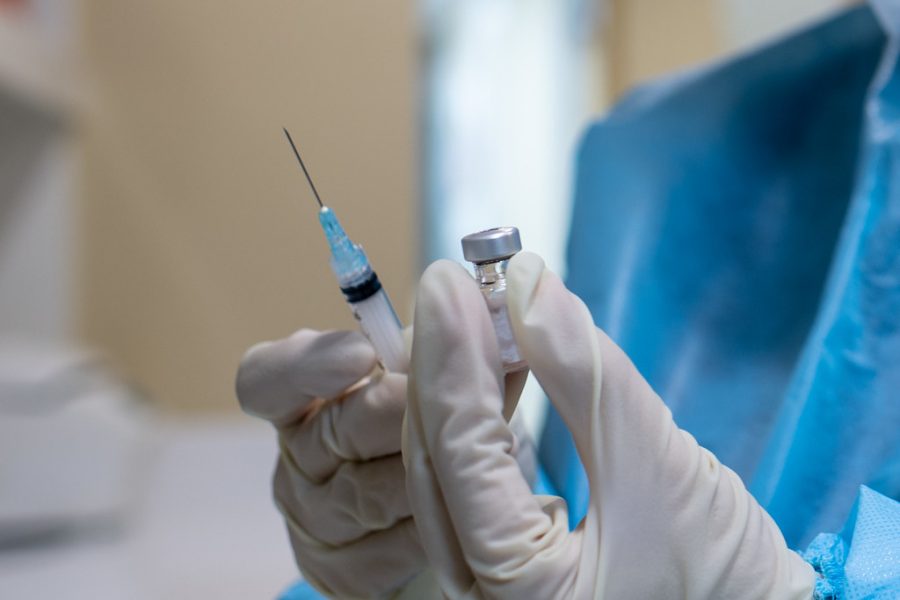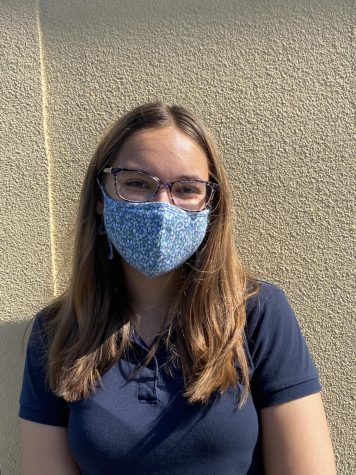COVID-19 Cases Surge in Florida
COVID-19 cases are surging in Florida.
January 10, 2022
As of last week, Florida ranks 4th among states where COVID-19 has spread the fastest. A USA Today Network analysis of Johns Hopkins University shows that COVID-19 cases increased 75.9% from the week prior. Florida’s case numbers are on the rise largely due to the fast spreading nature of the new Omicron variant.
Last week, 184 people passed away due to COVID-19 in Florida, compared to the 157 deaths the week prior. Meanwhile, hospitals are seeing a rise in admissions. USA Today analyzed last week’s federal hospital data and saw 15,273 COVID-19 patients admitted in Florida alone and 187,807 admitted in the nation. Many hospitals are struggling to handle the influx of COVID-19 patients. An example is Florida’s Holy Cross Hospital, who had to close their maternity ward due to staffing shortages. With hospital admissions on the rise in Florida, the need for health care workers continues to increase.
“That is a concern we all share,” said Dr. Nicolas Brozzi, who works for the Cleveland Clinic in Weston, Florida. “As the hospitals get strained, there is less opportunity to provide all these resources to the one single patient,” Brozzi added.
Ranked 18th among states in terms of vaccination rates, Florida has 75.3% of its population at least partially vaccinated. This means that the majority of the population in Florida has at least one shot. As of last week, Florida administered another 668,437 doses.
The Centers for Disease Control and Prevention (CDC) states that the best ways to protect yourself against the rapid spreading of COVID-19 and its variants is to wear a mask, abide by social distance protocols, wash your hands, and avoid large crowds. The CDC recommends “universal indoor masking” for students, staff, teachers, and visitors regardless of vaccination status. For schools, the CDC advises that “Students, teachers, and staff should stay home when they have signs of any infectious illness and be referred to their healthcare provider for testing and care.” If you were exposed to the virus, that means that you came into close contact with someone who has COVID-19. If you’re in this position, the CDC advises you to quarantine and stay away from others. If you are sick or have tested positive, then the CDC advises you to isolate, even if you don’t have symptoms. New CDC guidance states that the recommended time for isolation and quarantine period is five days.
The CDC believes that “vaccination is the leading public health prevention strategy to end the COVID-19 pandemic.” Receiving the COVID-19 vaccine and booster shot is a great way to protect yourself and others from the virus. It can also help slow the spread of the virus and its variants. Pfizer-BioNTech and Moderna are the preferred vaccines and require you to receive two shots. The CDC states that you may get the Johnson & Johnson vaccine in some situations. Those who received the Pfizer-BioNTech vaccine can get the booster if they are 12 years or older. If you received the Moderna vaccine, then you can only get the booster if you are 18 years or older. As for the Johnson & Johnson vaccine, only those 18 years and older can get the booster.


